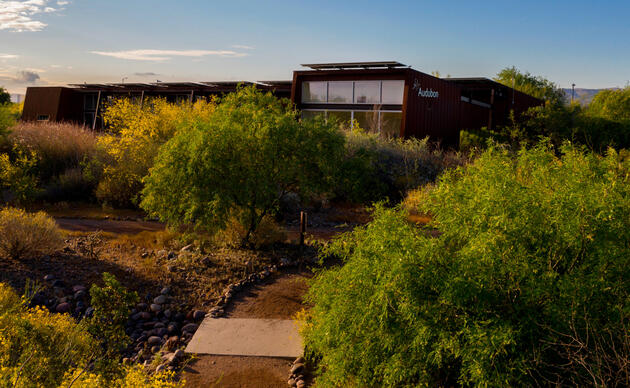Audubon New Mexico released the following statement in support of S. 1936, the New Mexico Drought Preparedness Act, a bill recently introduced by U.S. Senators Tom Udall and Martin Heinrich to strengthen New Mexico’s water security and resiliency in the face of drought. The New Mexico Drought Preparedness Act is one of several proposed Western and Alaska water bills being heard today by the U.S. Senate Committee on Energy and Natural Resources at a full committee legislative hearing.
“The New Mexico Drought Preparedness Act will help secure a sustainable water supply for both cities, farmers and nature,” said Audubon New Mexico Executive Director Julie Weinstein. “This comprehensive approach to drought and water management is the kind of inclusive thinking that will advance the varied interests and values dependent on healthy rivers in our arid state long into the 21st century.”
“There is a way for effective federal actions to make our country more drought-resilient, while also enhancing the health of the environment on which our quality of life depends,” said Terry Sullivan, State Director for The Nature Conservancy’s New Mexico Field Office. “Making a more drought-resistant America should include delivery of water to meet the needs of fish and wildlife, as well as those of cities and agriculture.”
Background:
The New Mexico Drought Preparedness Act utilizes innovative and collaborative approaches to protect and restore healthy river flows across New Mexico. One such approach is the voluntary water leasing programs. Voluntary, temporary transfers are a collaborative, flexible solution for achieving substantial benefits during times of drought, while still preserving agricultural water rights and rural economies. The bill also strengthens the Bureau of Reclamation’s ability to advance water conservation and prevent or mitigate the adverse effects of drought under two existing westwide authorities: WaterSMART and the Reclamation States Emergency Drought Relief Act. The bill increases authorized funding for both of these programs and reauthorizes the Reclamation States Emergency Drought Relief Act to 2018.
Wildlife that would benefit from increased environmental flows under this legislation include the Summer Tanager and the federally threatened Yellow-billed Cuckoo, both riparian forest obligate species that breed in New Mexico.
Webcast of today’s hearing: http://www.energy.senate.gov/public/index.cfm/2015/10/full-committee-legislative-hearing


